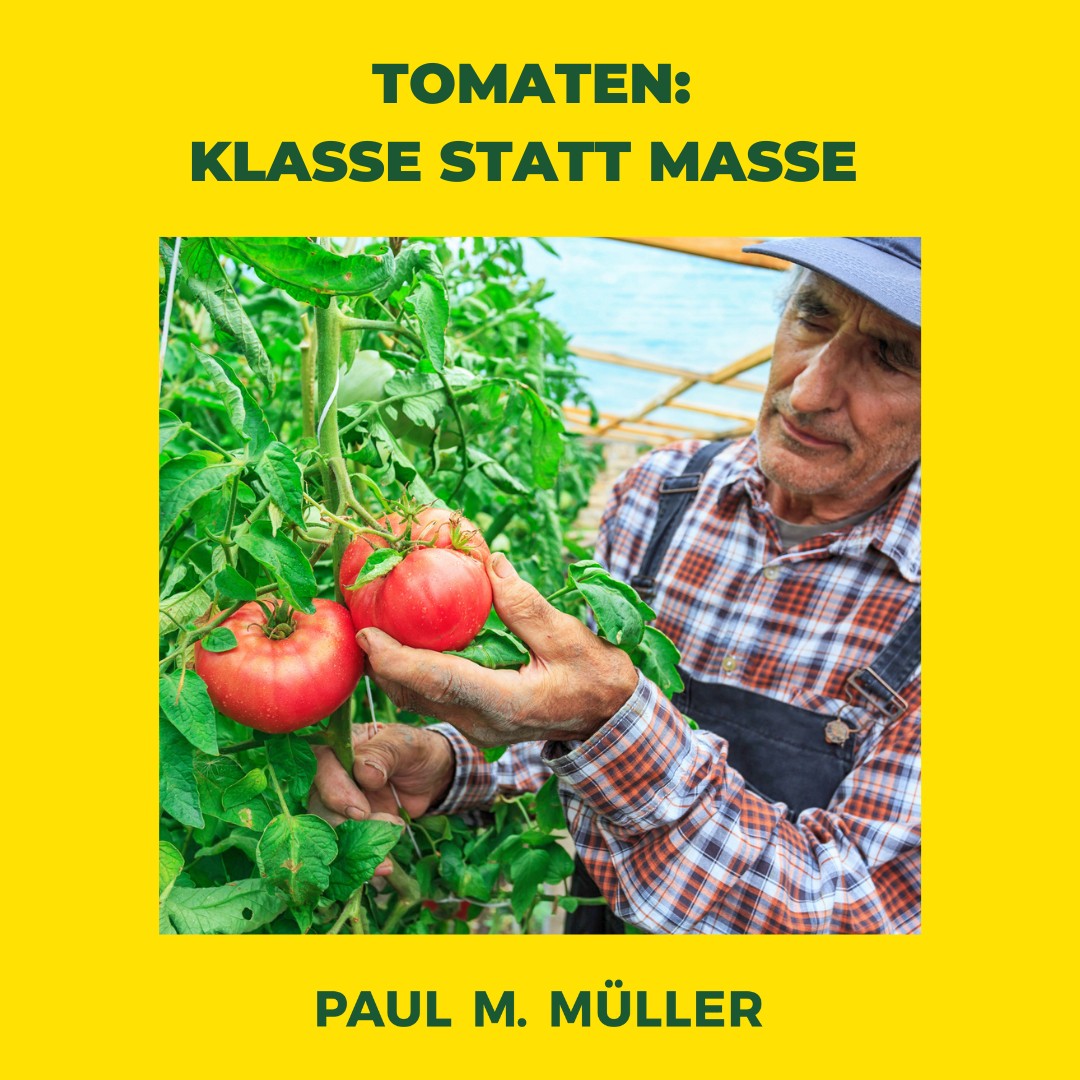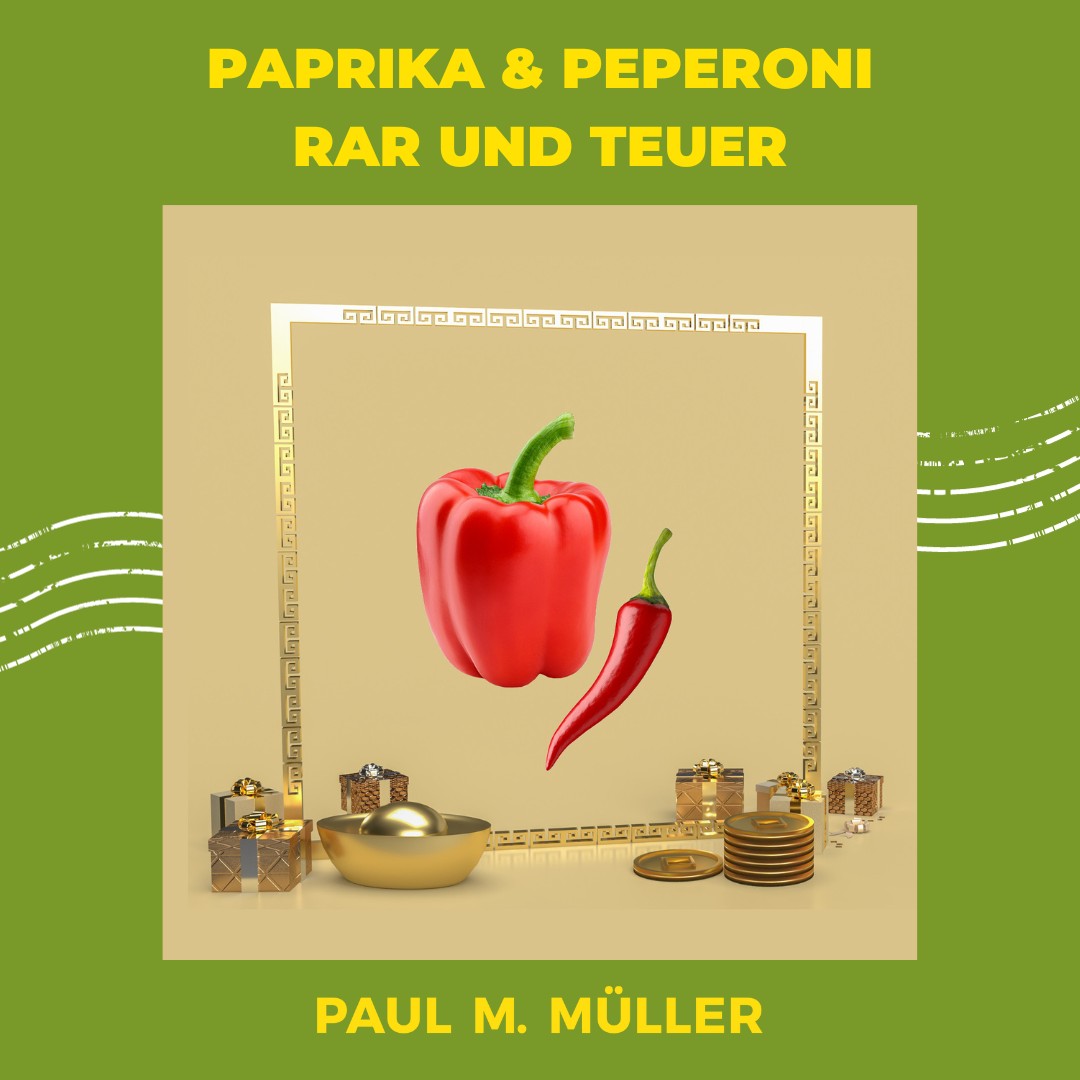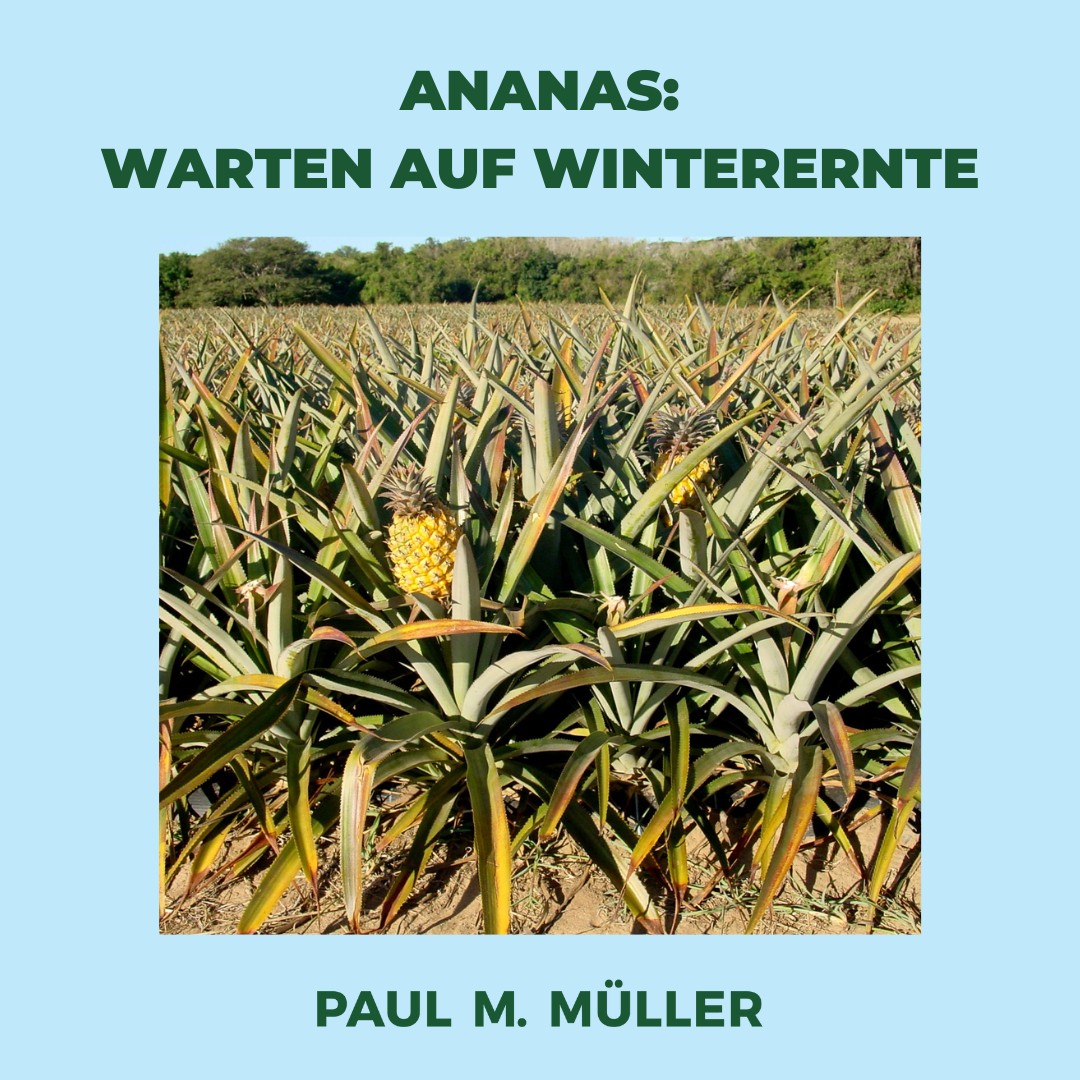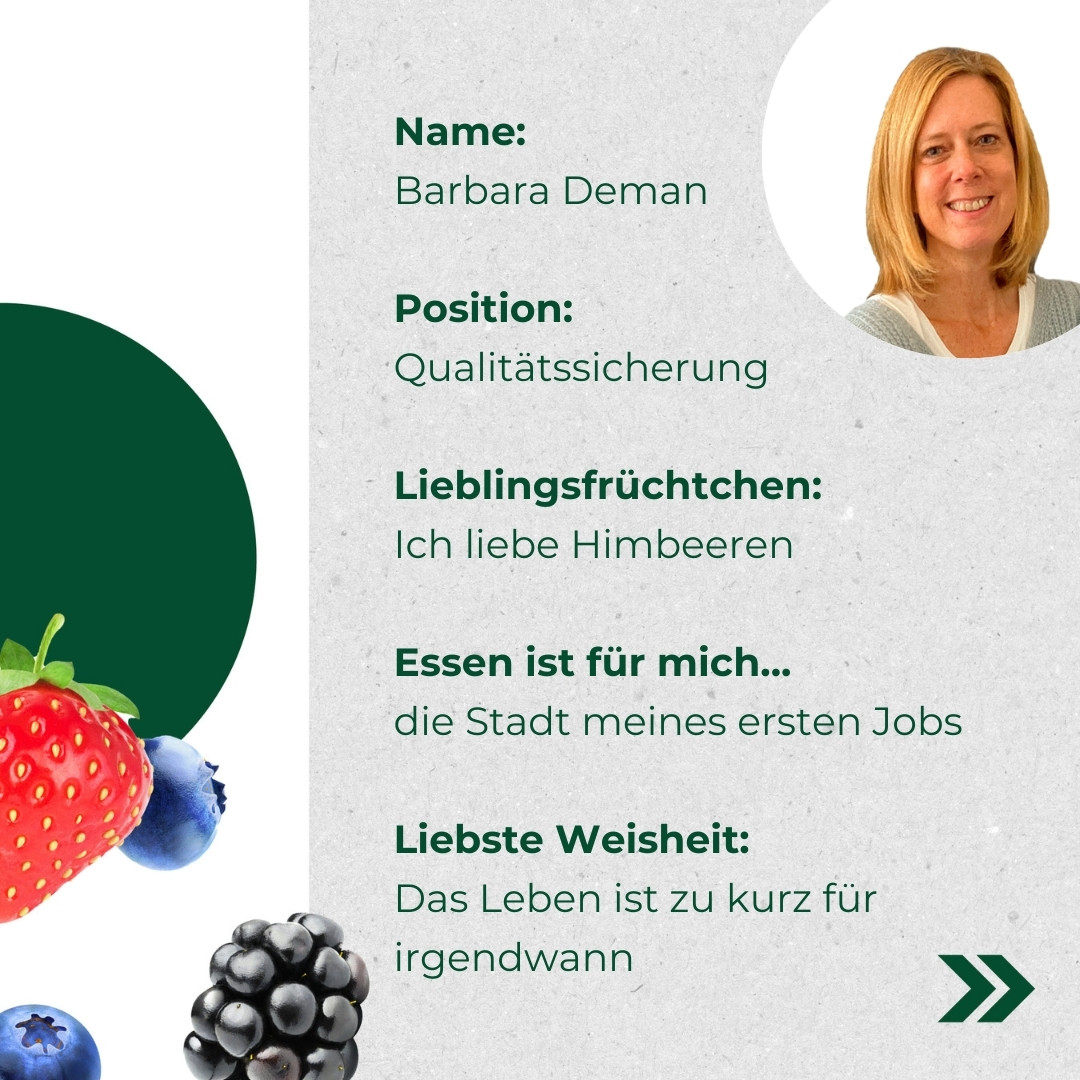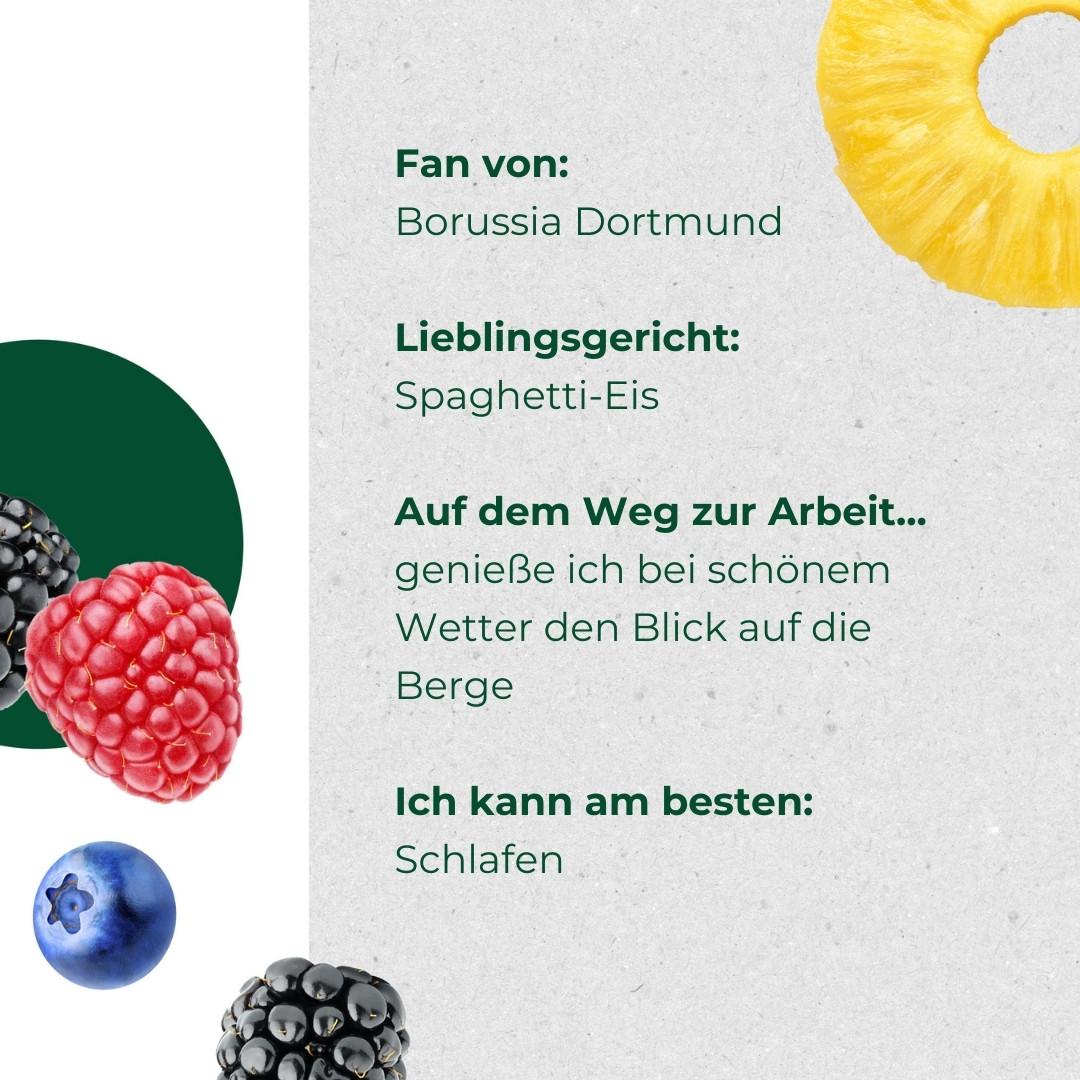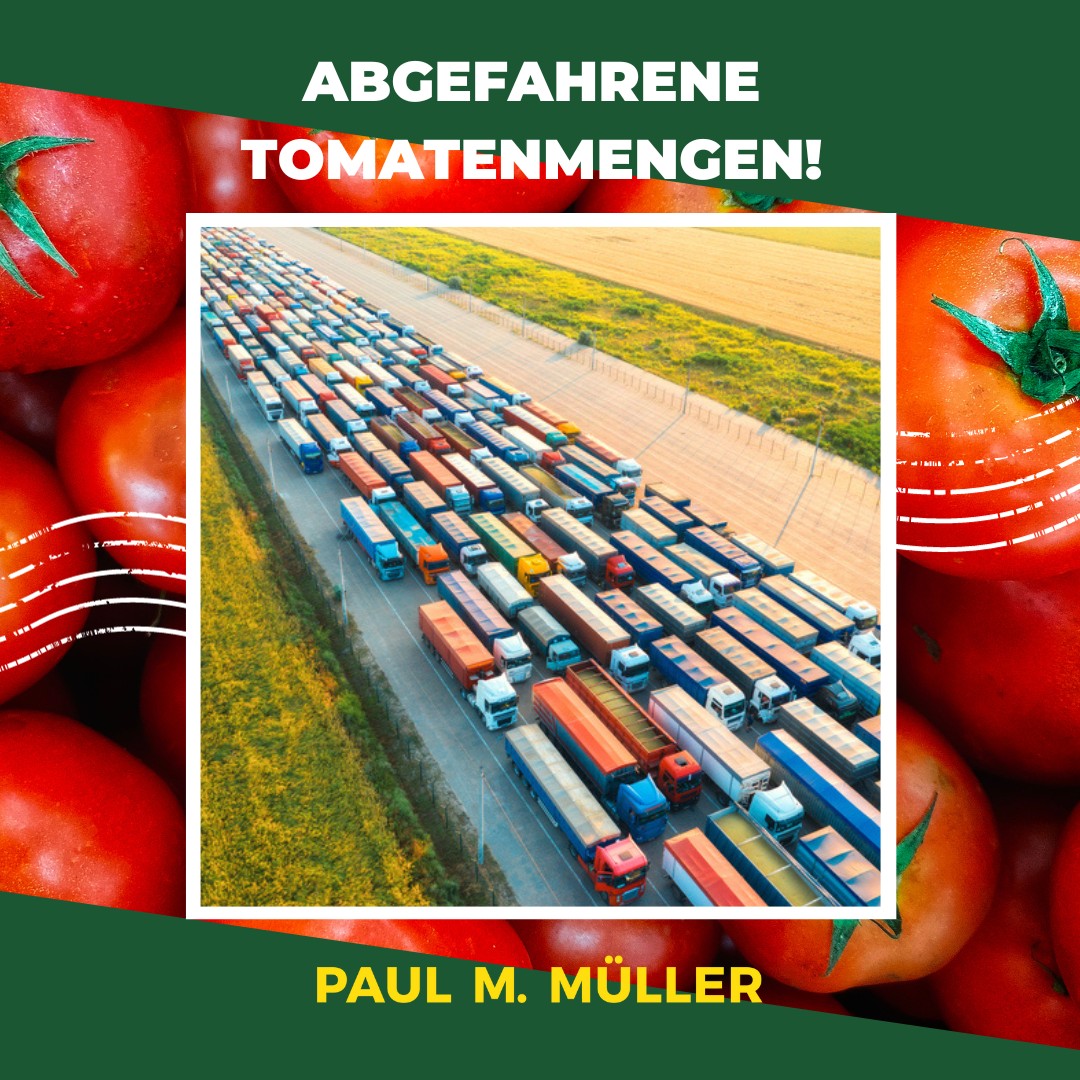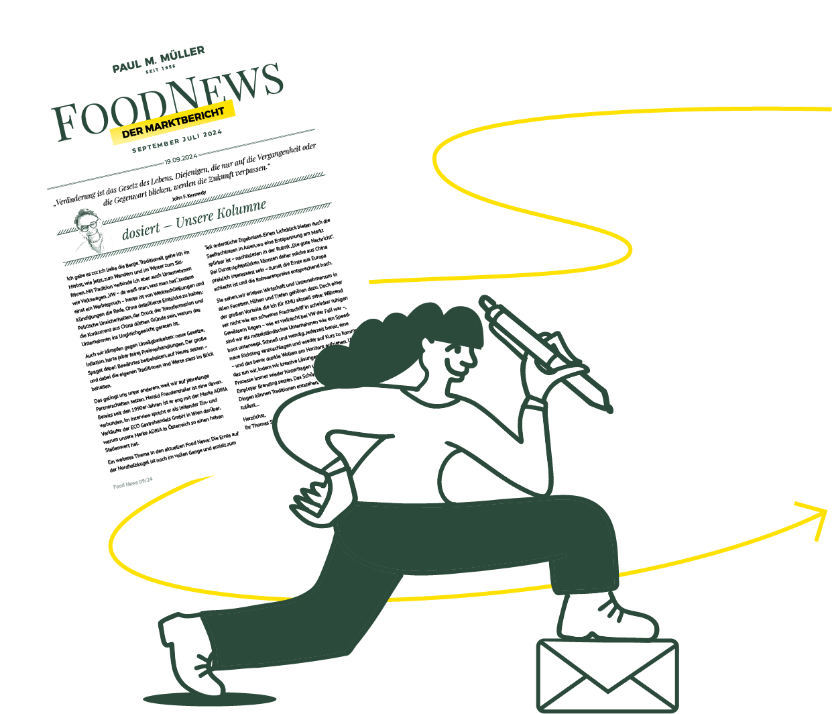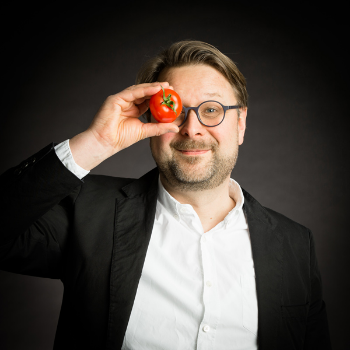Some people can hardly wait for autumn with its colorful leaves, golden light and cozy atmosphere. Others don't like it at all, thinking wistfully back to swimming at the lake, barbecue parties and balmy summer nights. But whether we like it or not, autumn officially began on September 23. At the same time, business is getting back to normal as everyone returns to work after their well-deserved summer vacation - although, even at this time of year, it's not exactly business as usual. The best example: Here in the Munich area, the Oktoberfest is still captivating (almost) everyone until October 3. We at Paul M. Müller have also dressed up in our traditional costumes - here the Proof photo.
At the same time, we are already looking forward to the next big event: The Anuga trade fair in Cologne from October 7 to 11. "Shaping the future together" is the official motto this year. And yes, we also want to shape the future - by working on our products, seeking close exchange with suppliers and customers, and always keeping our finger on the pulse. That's why we have developed a new exhibition stand for ANUGA, as well as for all upcoming events. For us, this is a step into the future, a vision that we not only designed on paper, but also implemented directly. You can get a small sneak peek of the booth below.
So autumn is here. In the food industry, this time of year is particularly exciting: with the harvest, it becomes clear how good the yields are. In many places, the season was overshadowed by extreme weather events: heavy rain in northern Italy, floods in Turkey and Greece, heat waves in Thailand - all this is now reflected in the quality and quantity of the yields. As always, we have spoken to our experts on the ground for you and summarized the most important news. Enjoy reading - perhaps with a cup of tea in keeping with the autumn season. Because, even if you are not an autumn fan, we believe: You too can discover the very special magic of this season!
Yours sincerely, Thomas Schneidawind
